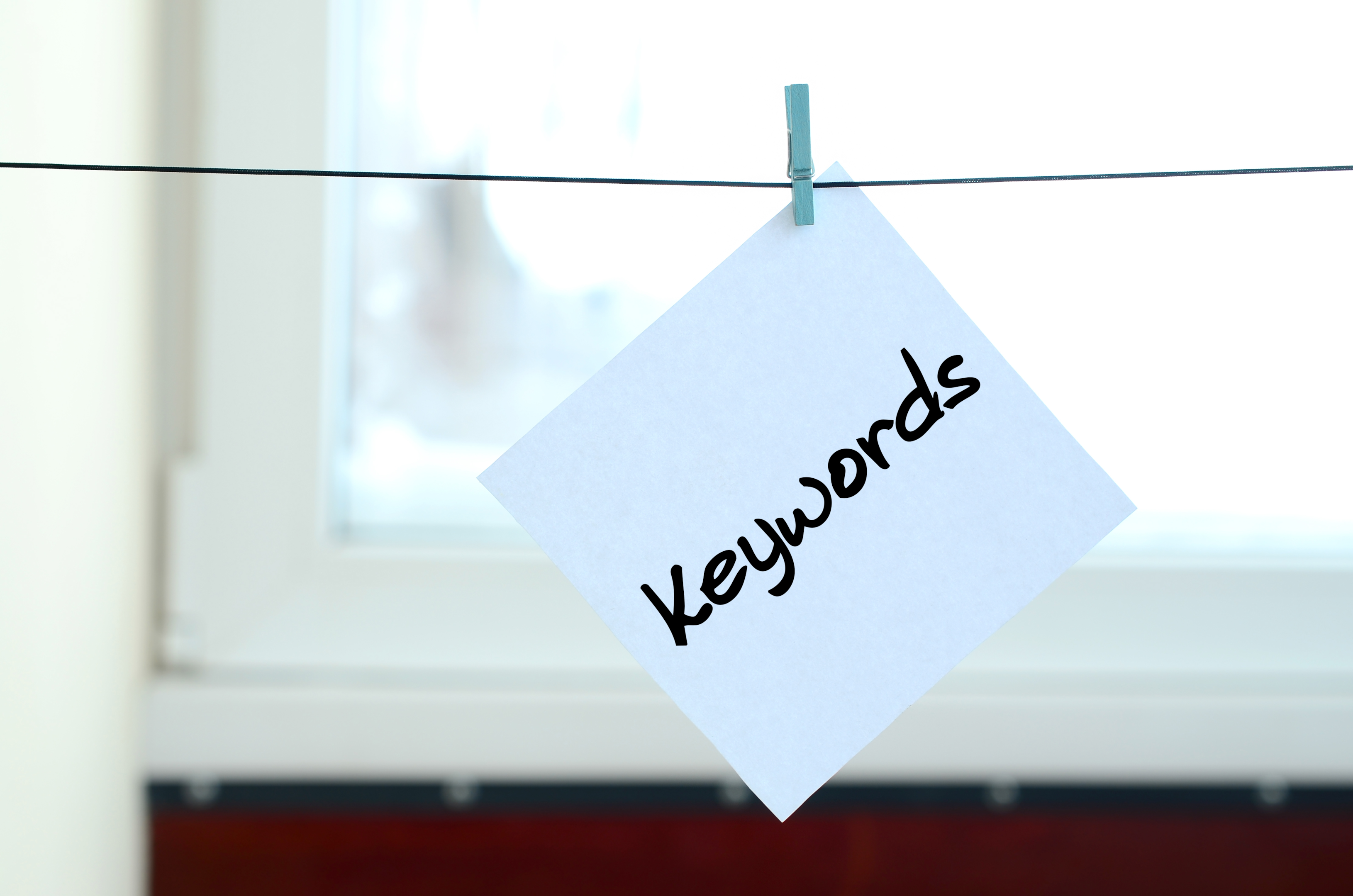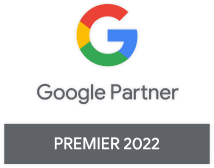How to Create a Perfect PPC Campaign
Often, businesses and companies can be left scratching their heads, overwhelmed by the number of strategies to choose from incorporating into their marketing campaigns. SEO, social media ads, PPC… the list goes on. We’ve been there before, long before we became experts.
Typically, it’s best to get your head around each strategy before you go mixing and matching. Or you could get in touch with those who have already run many a campaign successfully (us here at FirstPage). No? Not to worry.
We love to empower our customers with knowledge they can use for their own. Today, we’re talking about how to run a successful PPC campaign.
What is PPC?

PPC stands for pay-per-click. Pay-per-click is a type of ad run by an online advertising platform such as Google ads. On these platforms you can post single ads or ad groups. Essentially these ads can be set to pay-per-click which literally means you pay-per-click on your ad.
The advertising platform such as Google can handle the ad placements, and PPC is a fantastic way of reducing ad spend and boosting ROI. If you pay $3 per click and one click leads to $300, you’d be looking at a hefty profit margin.
As mentioned, the platform can handle the ad placement and you can choose the different types and sizes available. A successful campaign typically utilises a mix of images, text and video in an ad campaign.
How do PPC campaigns work?
Now let’s look at the PPC models. Which of these you use (you can use both) is decided in your campaign settings. As consumers, we’ve all witnessed ad campaigns run on websites as well as in search engine results. Which we choose to go with really depends on our target audience. These are two PPC strategies you’ll need to get your head around.
-
Search engines PPC ads (google ads)

When people search something on a search platform, they will type in roughly what they’re looking for. If you set your PPC ads to respond to an exact keyword search, then it could be your ad group that they find themselves staring at as the top search result.
A search engine PPC ad is just this. It’s when an ad is placed as a result on a keyword search. They do require in depth keyword research. You need to map out what particular keyword you want your ads to respond to and craft a keyword list full of target keywords your potential customers might search up.
Do the research, the most relevant keywords related to your product might surprise you!
-
Website PPC ads
Website PPC ads are a little different. These are ads placed directly onto another website. They still show up based on a site visitors recent search queries and recorded browsing information. Ever gone on a site and seen an ad for something you’ve recently Googled? Scary isn’t it, but great for businesses.
The good news is, you can run both a website and search engine campaign type through your Google ads account and as part of your Google ads campaign. As long as your pay per click (PPC) advertising is considered and targeted toward your target audience, you’re on the right track.
How to: Create PPC campaign number 1
Before you go ahead and create ads, you’ll need to know how to create a good PPC campaign that will bring results in key metrics. Pay-per-click advertising isn’t as easy as it sounds and if you’re looking for a quality score in your Google ad metrics, it pays to know a bit about how to use PPC platforms and craft an effective paid campaign.
-
Set Your PPC Campaign Goals
Before you create PPC landing pages, start writing text ads, and commence keyword bids, you need to establish a clear set of goals for your pay-per-click advertising campaign.
You need to decide on the outcomes you’re looking for, whether it be more leads, increased customer retention, higher customer trust, or more sales etc. Some like to get out a big piece of butcher’s paper with coloured pens, others create mind maps online.
-
Use Effective Keywords

Using an effective keyword phrase when audience targeting might sound simple enough, but it can be trickier than you think. Often, a potential customer won’t search an exact match of your product type.
You need to think of keywords that have a broad match in search results. If you create landing pages selling children’s toys for example, then yes, you might set keywords to ‘toys’, but you might also set it to ‘dealing with upset children’.
There could be a parent out there looking for solutions who, if you get your ad as part of an ad rotation in front of them at the right time, could become a paying customer.
-
Research the Competition
Your competition will also be running multiple campaigns and have developed their own PPC landing page. The best way to check out the competition is to search ads related to the product or service you’re offering and see what PPC ad comes up. Visit the landing page even.
Explore as much of their ad campaign as possible and consider what audience targeting they’re trying to accomplish. Note how they create relevant landing pages or design their separate ad group. Remember to stand out, rather than ad copy, and create better looking ads!
-
Optimize Landing Pages

Cost-per-click (CPC) can all be for nothing if you don’t have the right landing page. It’s an essential part of your ad campaign and can’t be overlooked. If you’re lost for ideas, remember to search campaigns of your competitors and look at their landing page designs.
Your page needs to consider your audience targeting and always include a call to action (CTA) section. This is something like, “Get in touch today for the ultimate design services”.
-
Keep Updated with Analytics

When running any cost-per-click campaign, the most important step is to keep your finger on the pulse. You’ll want to look at search volume of your keywords, how often potential customers have clicked on your ads, how many have stayed on your page, and how many buyers these have turned into. A great free analytics tool is Google AdWords, a built-in tool that gives insight into much more than Google shopping.
Get in touch today!
Creating the right campaign can look light a technical nightmare. Fear not, the experts at FirstPage are here to help every step of the way. We’ll work alongside you to ensure that developing a competitive PPC strategy for your brand is a smooth, fun and creative process. So, what’s the hold up?
Call us on 888 635 4135 or visit https://firstpageusa.com/ today!
















